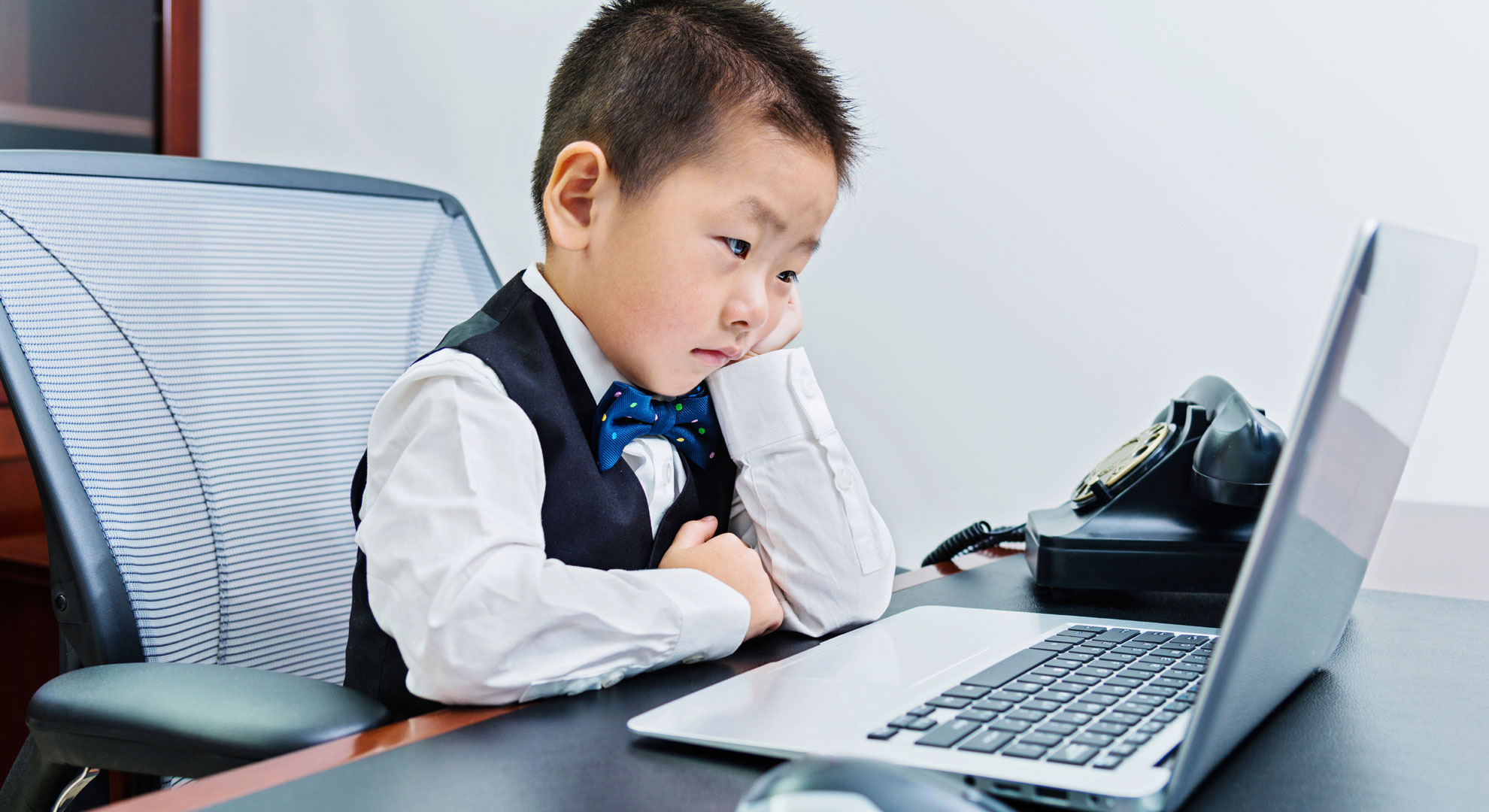
Reexamining Childhood in a Digital World
The question “Is social media ruining childhood?” sparks a critical conversation about how technology intersects with growing up. It urges us to explore the ways in which digital culture is reshaping children’s emotional development, sense of self, and the social pressures they encounter in today’s hyperconnected society.
Psychological Strain and Online Exposure
Apps like Instagram and Snapchat, which were intended to enhance communication, have in many cases intensified emotional distress. Young users are continuously exposed to carefully curated visuals that reinforce unattainable beauty standards and lifestyles. This environment has been linked to increased levels of anxiety, poor body image, and depression. Research shows a significant portion of youth feel worse about themselves after using these platforms, and many report heightened experiences with cyberbullying—particularly on Facebook.
The Fast-Forwarding of Childhood
According to Vision.org, cultural forces—including media and marketing—are accelerating the pace at which children are expected to mature. Pre-teens are emulating teenage behaviors far earlier than before, and sexualized advertising blurs the lines between childhood innocence and adult expectations. As a result, children are under constant pressure to meet social ideals and prove themselves, often sacrificing free play and emotional self-discovery.
The Transformative Power of Social Media
More than a communication tool, social media has become a major force molding the structure of childhood itself. It speeds up exposure to adult content, encourages shallow social comparisons, and builds an atmosphere where kids are continually judged. Although digitally intertwined, many children today are experiencing a growing sense of emotional vulnerability.
Striking a Healthy Balance
The problem isn’t the mere existence of social media—it’s the unchecked and widespread immersion into it. To better safeguard children, society needs to establish firm boundaries. That includes stronger parental involvement, teaching responsible digital habits, and rethinking platform design to prioritize mental health over user engagement.
Going Beyond Screens: A Look at Environmental Impacts
France’s legislative action to ban Wi-Fi in daycare centers and regulate wireless systems in schools adds a new dimension to this discussion. Concerned about potential biological effects of prolonged electromagnetic exposure, lawmakers adopted precautionary measures to protect young, still-developing bodies. Their approach recognizes that the digital age doesn’t just affect emotions—it may also pose silent physical risks.
Safeguarding Childhood as a Whole
When considering both social media and environmental technology, one thing becomes clear: today’s children are growing up in a landscape filled with invisible pressures. Whether it’s the psychological strain of constant digital interaction or the unseen effects of wireless radiation, the purity and safety of childhood are being compromised.
Reclaiming What Matters
France’s initiative to create tech-free zones for the youngest age group reminds us of the need to foster spaces for imagination, connection, and organic growth. It’s a bold invitation to reevaluate how much technology we allow to shape our children’s lives—and whether we’re doing enough to protect their right to a slow, joyful childhood.
References:
BBC News. (2013, March 11). Is social media bad for children? BBC. https://www.bbc.com/news/education-21670962
Vision.org. . (n.d.). Whatever happened to childhood? Vision. https://www.vision.org/whatever-happened-childhood-1137
Take Back Your Power. (2015, February 3). France: New law bans WiFi in daycares, restricts wireless infrastructure in schools. https://www.takebackyourpower.net/france-new-law-bans-wifi-in-daycares-restricts-wireless-infrastructure/

I am a mom of three young girls ages 12, 10, and 8. Technology has definitely been a large part of their childhood. I often struggle with platforms like Snapchat because my girls use it to communicate with their friends. I try to remind them that social media is not real life and that most people only share the good moments. I also find it hard to navigate posts from their friends that seem to be looking for attention in a negative way. I have to remind my girls that sometimes those posts are cries for help or support. I do my best to limit their screen time because they could easily spend the whole day watching videos. They do enjoy being outside or involved in sports and activities, but technology becomes the easy option when they are at home and bored. As a parent, it can be difficult because I grew up playing outside and staying active, always finding something to do. I feel like the imaginative side of childhood has been lost, especially in this age group.
Your closing thoughts sparked some self-reflection. Essentially, who is controlling whom? As a society, are we going to allow technology to guide our growth and development? If safeguards are not put in place, will we regret our decisions in the years that follow? The decisions in France remind me of the decisions that the Canadian government has made about the harms of tobacco and marijuana usage. Is it time to have a warning pop-up every time we log into a social media account, “Warning: Prolonged usage can lead to ‘doom-scrolling’ and a diminished self-worth.”
I can agree with the concept of accelerated development. Technology is pulling the child out of childhood.